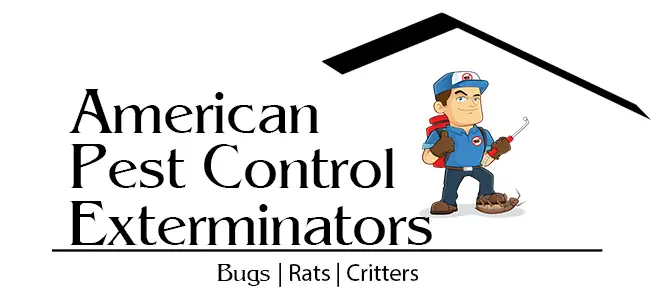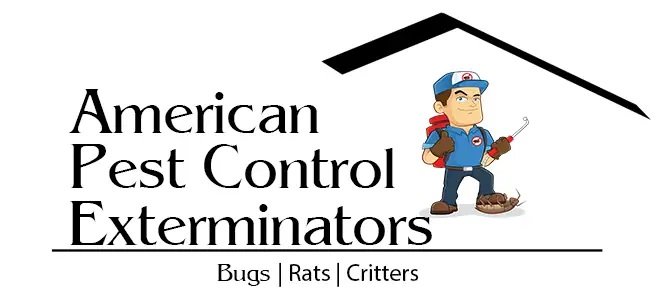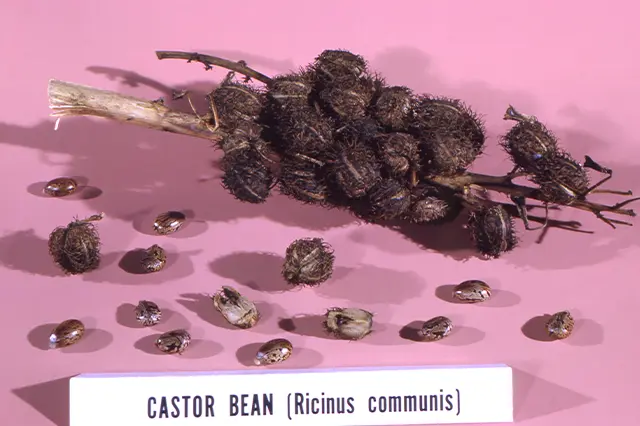
The Pros and Cons of Trapping vs. Poisoning for Rodent Control
Rodent control is an important part of pest management, but the methods used to handle these pests can vary significantly. Trapping and poisoning are two of the most popular methods used for rodent control in both residential and commercial settings, with each one having their own set of pros and cons. In this blog post, we’ll explore the facts about trapping vs. poisoning for rodent control so you can make an informed decision on which method is best for your circumstances.
Trapping
There are a few different ways to go about rodent control, but trapping and poisoning are two of the most common. Each method has its own set of pros and cons that you should consider before making a decision.
Pros:
-Traps can be used to capture and humanely remove rodents from your property, which is often the preferred option by animal rights activists.
-Traps are generally more cost-effective than poisons and require no maintenance once they’re set up.
-You can monitor the traps to determine how successful they are, allowing you to make adjustments as needed.
Cons:
-Trapping requires more physical labor than poisoning and can be time consuming if you have a large rodent problem.
-Traps may not be effective in areas with heavy rodent infestations, since the rodents may become trap shy after a few unsuccessful attempts.
-The use of traps may also attract other animals, such as cats or birds that can get caught in the traps.
Poisoning
There are a few different ways to go about rodent control, but two of the most common are trapping and poisoning. Both have their pros and cons, so it’s important to weigh your options before deciding on a course of action.
Trapping involves setting up a physical trap that catches the rodents when they try to enter or exit your home. This can be effective in preventing them from getting inside in the first place, or catching them once they’re already in. However, it does require regular check-ins and maintenance, as well as proper disposal of the rodents once they’ve been caught.
Poisoning involves using chemicals that are poisonous to rodents. This can be effective in killing them, but it can also be dangerous to other animals and even humans if not done properly. It’s also important to note that poisoned rodents often die in hidden places, which can lead to unpleasant smells.
Pros:
-Poisons are often very effective in killing rodents quickly, which can save you time and money in the long run.
-Since poisons are generally hidden, they’re less likely to be tampered with or removed by animals or humans.
-Poisons can be used to target specific areas of your property, allowing you to focus on problem areas without having to use a wide-reaching solution.
Cons:
-Poisons can be dangerous to other animals and even humans if not handled and stored properly.
-Dead rodents may die in hidden places, leading to unpleasant odors.
-The use of poisons is often frowned upon by animal rights activists and eco-friendly organizations.
Which is better?
There are a few different options when it comes to rodent control, but the two most popular methods are trapping and poisoning. Both methods have their own pros and cons, so it’s important to weigh your options before deciding which method is best for you.
Trapping is a great option if you want to be able to see results quickly. Once a rat or mouse is caught in a trap, it’s gone for good. This method is also considered to be more humane than poisoning, since the animal isn’t left to suffer from the effects of the poison.
However, trapping can be time-consuming and requires regular checks of the traps. If you’re not diligent about checking the traps, you could end up with an animal that’s been caught for days and has died in the process.
Poisoning is a less labor-intensive option, but it can be dangerous if you have pets or small children in your home. If they come into contact with the poison, they could become very ill or even die. Additionally, poisoned rodents often take days to die, during which time they may hide away in your walls and die there, leaving behind an unpleasant smell.
How to trap/poison rodents
If you’re dealing with a rodent problem, you may be wondering whether to trap or poison the pests. There are pros and cons to both methods.
Trapping can be effective if done properly. You’ll need to use the right type of trap for your particular rodent problem, and place the traps in strategic locations. If you’re not experienced with trapping, it’s best to hire a professional.
Poisoning can also be effective, but it carries some risks. If you have children or pets in your home, there’s a risk they could come into contact with the poison. There’s also a risk that the rodents will die in your home, creating an unpleasant smell. If you choose to poison rodents, be sure to use a product that is specifically designed for them.
In both cases, it’s important to follow directions carefully and be sure to dispose of any dead rodents properly.
Conclusion
Trapping and poisoning are two of the most common methods used for rodent control, but they each have their own unique pros and cons. Ultimately, it is up to you to decide which method works best for your particular situation. If you choose trapping, make sure that you always check your traps regularly so that rodents don’t suffer any unnecessary pain or stress. On the other hand, if you opt for poisoning be sure to take proper safety precautions in order to avoid putting yourself or others at risk. Whichever option you choose, remember that taking steps towards effective rodent control will ultimately lead to a healthier and more comfortable home environment.

